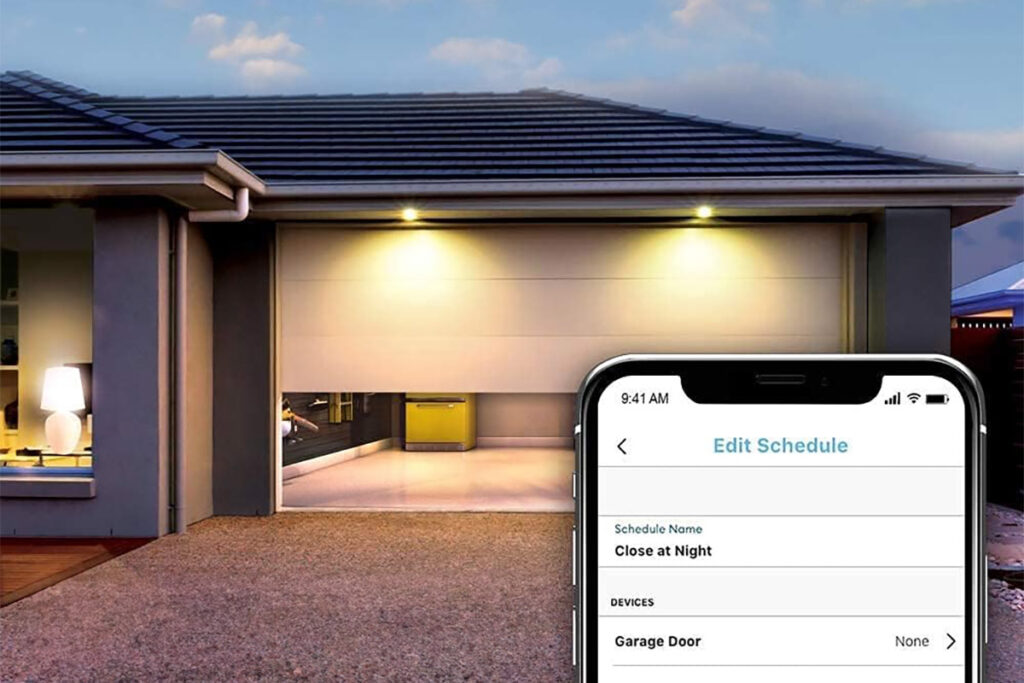In this post:
Are your brakes squeaking after a recent purchase or replacement? Well, this is a common problem, but it can be very frustrating and irritating.
Several factors contribute to the squeaking of new brakes. Sometimes, the problem could be a severe mechanical error that demands immediate checkup by a professional. At other times, it could be a small issue that you can fix on your own.
This article has everything you need to know about the squeaking of new brakes. It includes reasons why brakes squeak after buying new pads and rotors and how to fix the squeaking problem.
Reasons Why New Brakes Squeak

First, it is essential to note that there are two types of brakes.
- Disc brakes
They are the most common brakes in present car models. With disc brakes, the pad presses against a rotor/ disc to stop the car.
- Drum brakes
In most cars, drum brakes are on the back/ rear wheels. They work via a curved pad which presses against a hollow drum to stop the vehicle
Squeaky and noisy brakes could be as a result of:
1. Presence of metal fiber content on the pads

Usually, brake pads come with small bits of metal. However, cheap and low-quality pads have incredibly high amounts of metal.
The metal contents pressed into the pad materials are too close to each other. They also tend to be very large. As such, they drag on the motor, causing an annoying high-pitched squeaking.
Another downside of plenty and large metal content is that it leaves a lot of metal dust on the wheels. As a result, your aluminum or chrome wheels end up discoloring.
This problem often affects disc brakes.
2. Natural Occurrences

Sometimes, you may hear hissing and squeaky noises from your car brakes on dewy or rainy seasons. This situation is perfectly normal because a lot of moisture accumulates on the rotors over the night.
As a result, a thin layer of rust forms on the surface of the rotors. When you start the engine, the rotors turn, scraping off the thin layer of rust on the iron discs. This process is what results in squeaking.
The noise may continue for some time until the pads are warm enough to drive off all the moisture.
3. Lubrication issues

Have you ever experienced squeaking brakes immediately you trigger the brake pedal? Such noise comes from the rear brakes.
It is an indication that you need to lubricate the contact points on the shoe-to-backing-plate. Failure to do so promptly causes rusting of the metal.
Rusting makes the shoes to scrap against the backing plate. Consequently, a squeaking begins with every rotation of the wheels.
4. Thinning brake pads

When brake pads are wearing out, they gradually become incredibly thin. As a result, they rub against the brake disc, thus producing a squeaking sound when you press the brake pedal.
Most cars have wear indicators that warn you when the brake pads start thinning.
5. Loose Parts

The braking system consists of various parts. They include the pads, calipers, discs, anti-rattle clips and hoses.
If any of these parts get loose, they vibrate and produce a squeaky sound.
Why Your Brakes Squeak After New Pads and Rotors
1. Excessive brake dust

Embedded dust between the rotor and the caliper is the leading cause of squeaking brakes after pad and rotor replacement.
After changing pads and rotors, a professional mechanic will always spray brake cleaner on the rotor and calipers. Doing so removes any dust that embeds between these two parts.
If the mechanic skips this step, then be ready for brakes squeak.
The most effective way to remove excessive dust is first to remove the tires. Then, spray the brake cleaner along the rotor and caliper. Allow it some minutes to dry before re-installing the tire.
2. Wrong Installation

When you replace the pads, you also need to resurface the rotors. Sanding of the pads is recommendable before bending them into the rotors.
Also, you should coat new pads with anti-seize on the back before installation. The brake pins should also be thoroughly cleaned and lubricated.
Properly installed brakes should not make noise that is audible in the cabin.
3. Trapped debris between the caliper and the rotor

Rocks and gravel are notorious at sticking in the caliper. When they are in between the rotor and caliper, they cause annoying vibrations as well as grinding noises.
You will hear this squeak even when driving at a low speed and without any pressure on the brake pedal.
Debris is dangerous because they can easily damage the rotor to the extent of requiring a new replacement. Also, it can cause uneven pad wear and misalignment of brake pads.
4. Panic stop/ Hard stopping

It is incredibly dangerous to have a panic stop. It heats the brakes, thus causing a glossy finish on your pad, which in turn produces a squeaking sound.
If this happens, take your car to a mechanic. A good mechanic will remove the pads and sand them to remove the glossy smooth surface.
5. Car staying idle for a long time

It is not healthy to leave your car in the garage for very long. Effects of bad weather plus idleness cause rust and corrosion of motors even when they are new.
After replacement, ensure that you drive your car as much as possible.
6. Worn-out shims
After replacing pads and rotors, people often forget about shims. Damaged or worn-out shims will always show after replacing the other parts.
Remind your mechanic to change the shim every time you have pads replacement. Worn-out shims tend to make contact with the rotor and other brake system parts.
Consequently, squeaking sound from the contact parts is inevitable as you drive.
How to Fix Squeaky Brakes
- Always garage your vehicle or park it in a climate-controlled environment over the night. Doing so prevents moisture accumulation on your rotors, which causes brakes squeak.
- Change your pads to a different type from the one you are using. Ensure that you purchase original parts from a trusted auto dealer because of quality issues.
Brake pads that come with a high content of organic material are the best. They include rubber, Kevlar, resin, fiber, and others.
- Always keep the contact points of your brake system lubricated. You can either use lube or a high-temperature anti-seize product.
Frequently Asked Questions

Why do brakes squeak after being replaced?
Several factors cause brakes to squeak after replacement. The major ones are; excess brake dust, panic stopping, debris on the rotor, and adverse cold weather.
How long do brakes squeak after being replaced?
There is no definite squeaking period for all brakes and car types. It depends on the quality of the brakes and the care given to it by the car owner. A high-end braking system and regular checkups by a professional prolong its life.
Conclusion
To sum it all, just like old brakes, new brakes are also liable to squeaking. It is a normal occurrence that you can solve on your own or by a mechanic.
However, this is a frustrating experience, and you need to take the necessary precautions to avoid it. The key things to guard in your braking system are quality and regular checkups.






